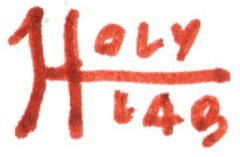Team Members
Principal Investigator
Prof. Felicita Tramontana
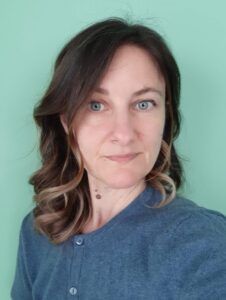
Before moving to Roma Tre, I was Marie Sklodowska-Curie fellow (MSCA-IF-2014-EF, GA. 657118), at the Centre for the Study of the Renaissance of Warwick University (2016-2018) and Eurias Junior fellow at the Wissenschaftskolleg zu Berlin (2015-1016). Between 2010 and 2013 I was the Scientific coordinator (for the University of Palermo) of the research project (FIRB) ‘Beyond “Holy War” ‘. Between 2009 and 2010, I was a researcher at the Oriental Institute of the Martin Luther University of Halle – Wittenberg (Germany). In 2008 I was awarded a PhD in Human Rights by the University of Teramo.
I am associate professor in Early Modern History at Roma Tre (Department of Political Science) and PI of the ERC-funded project HOLYLAB.
My main research interests are Mediterranean history and the social history of the Ottoman Empire in the Early Modern period (1500-1800). Most of my research activity has been focused on Ottoman Palestine, with special attention to the history of Palestinian villages; I have written on religious conversions, changes in the distribution of the Christian population, rural mobility and Franciscans’ parishes in the area. More recently, I have worked on geographical mobility across the Mediterranean, networks and mobility infrastructures.
Research Team
Roma Tre University
Dr. Manuel Capomaccio

Prior to joining Roma Tre University, I received my PhD in Asian, African, and Mediterranean Studies from the University of Naples “L’Orientale” in 2022. I spent three months as a visiting PhD student at the Holy Spirit University of Kaslik (Lebanon) in 2019.
The aim of my doctoral dissertation was to pave the way for the preparation of a new critical edition of the Bulūġ al-ʾarab fī ʿilm al-ʾadab (“Reaching the Goal in the Study of Literature”), a late badīʿ treatise drafted by the Maronite archbishop Ğirmānūs Farḥāt (d. 1732). Meanwhile, I also published on the pedagogical simplification in the 18th-century Syriac and Arabic grammars.
My research interests are grounded in three main fields: Christian Arabic literature in the Ottoman period, pre-modern manuscript texts belonging to the Middle Arabic spectrum, and Arabic rhetorical tradition. Concurrently, I have acquired proficiency in the specialized disciplines of codicology, palaeography, and stemmatics, enriching my scholarly repertoire.
Dr. Mattia Corso
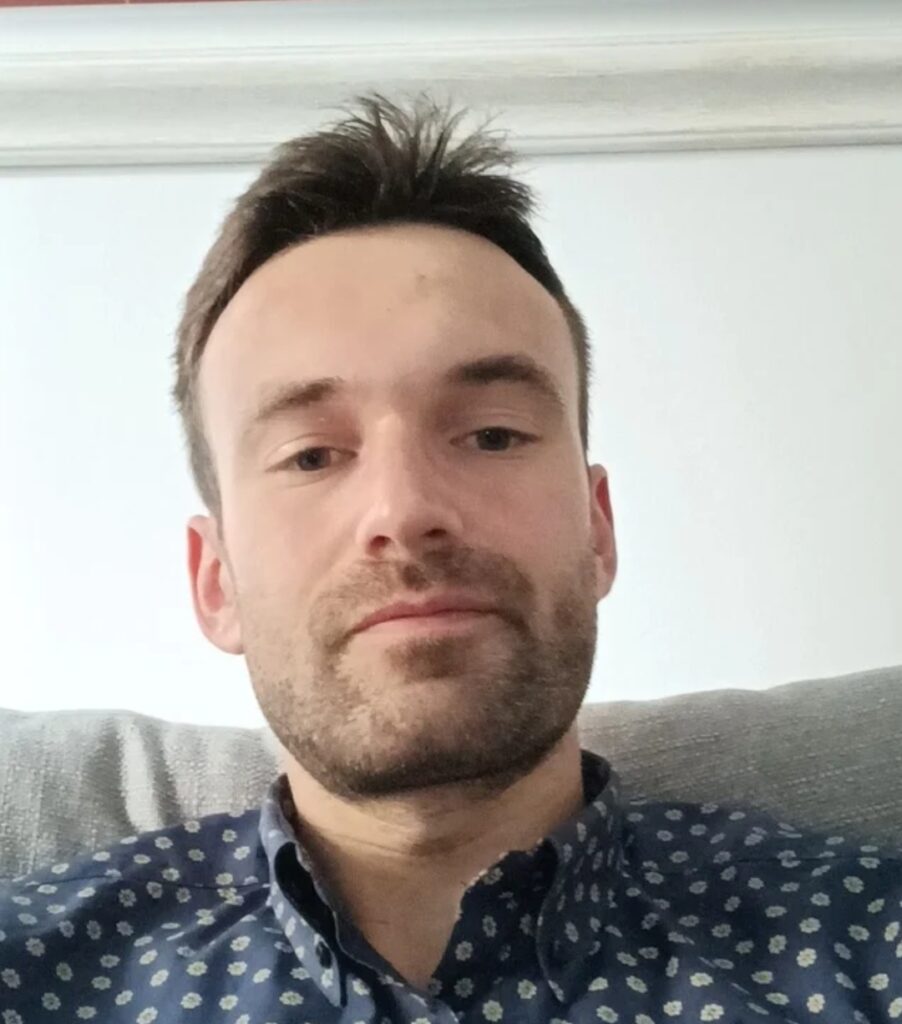
I am a social and cultural historian specialising in the history of religion in the early modern period.
I obtained my PhD in 2020 from the University of Padua, where my research focused on the study of lived religion and the transition from pre- to post-Tridentine Catholicism in the sixteenth-century Republic of Venice.
Through my work, I explored the intricate connections between the faithful, material objects of devotion, and the use of economic resources within local communities to support religious activities.
I have since published several articles on topics such as the reform of audience behaviour at Mass, the ritual practice of indulgences, and the significance of candles in religious rituals.
Dr. Antonio Iodice
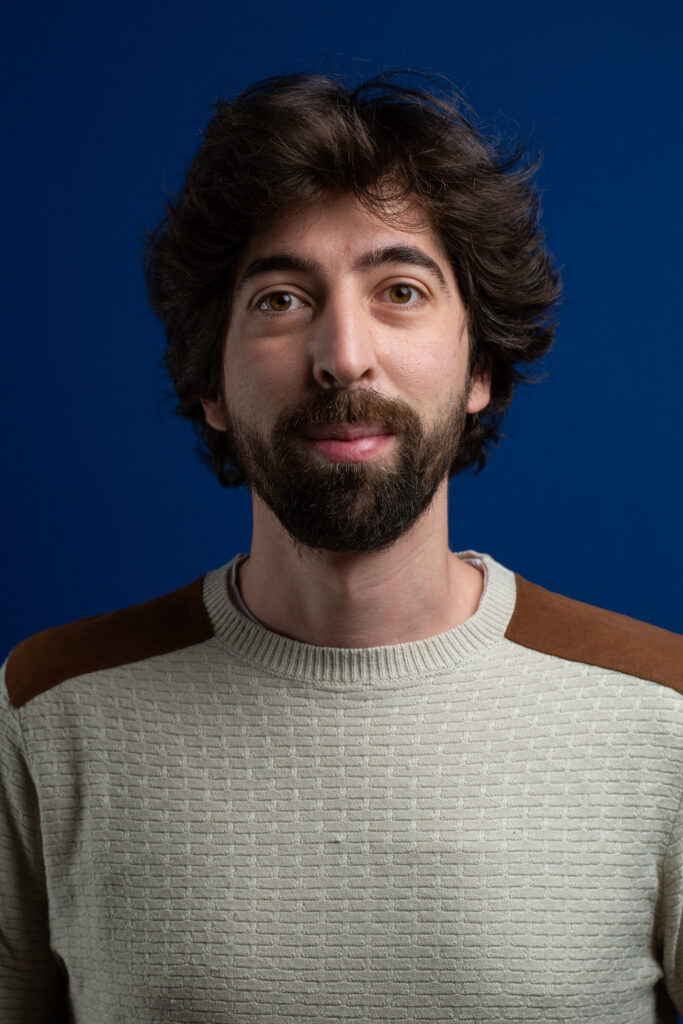
My main research interests revolve around early modern European maritime risk management, trade, and mobility, with a specific focus on the Republic of Genoa and the Tyrrhenian area.
Prior to joining HOLYLAB, I worked as a post-doc in Economic History at the University of Genoa, where I obtained my second PhD through a bilateral agreement with the University of Exeter as part of the ERC AveTransRisk project led by Maria Fusaro. I am now an honorary research fellow at the University of Exeter. I was also involved in the Risky Business project led by Sabine Go (VU Amsterdam) and Giovanni Ceccarelli (Parma). I actively contributed to design, populate, and exploit the digital open access databases produced in these projects.
Italian-German Historical Institute (ISIG-FBK)
Inês de Sá
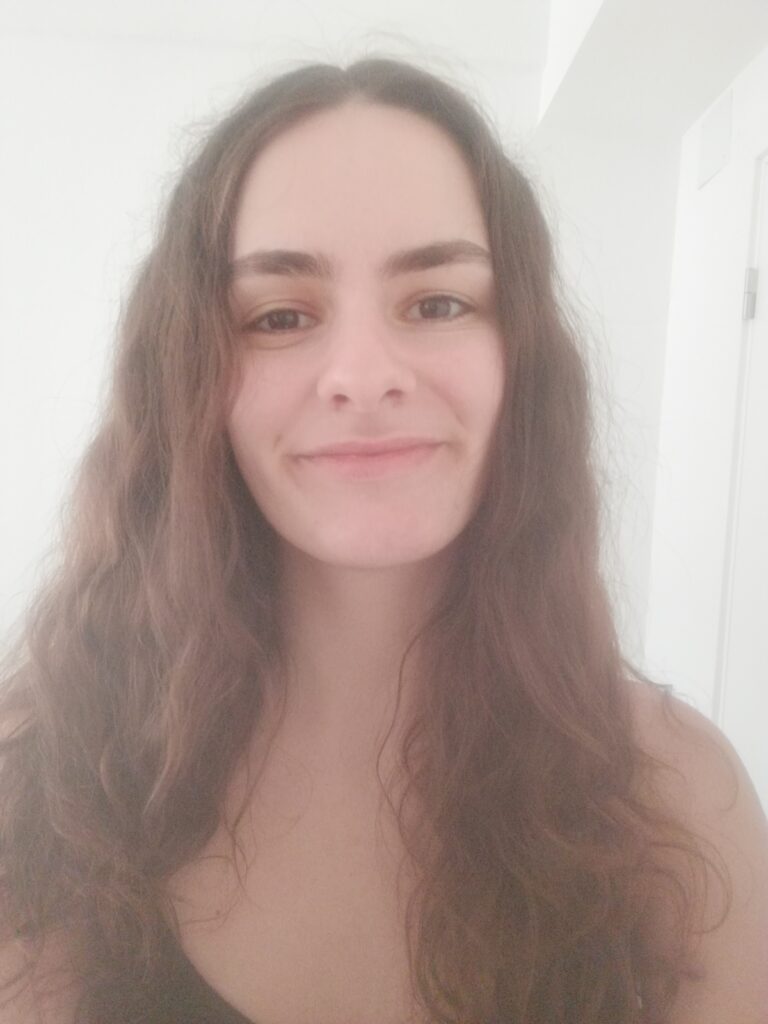
I am a researcher at the Istituto Storico Italo-Germanico (ISIG-FBK), currently working on the HOLYLAB project, where I am responsible for designing and managing the online database.
Prior to joining HOLYLAB, I worked on the Western Sephardic Diaspora Roadpmap (WSD), a Digital Humanities project at CHAM – Centro de Humanidades (Universidade Nova de Lisboa), with the goal of creating an open-access tool for researchers interested in collections and archives related to the history and diaspora of Sephardic Jews.
I hold a MA in History from FCSH (Universidade Nova de Lisboa), where I worked on love in theater plays by Iberian women, crossing gender history with literature and religious studies. My main research interests lie in cultural interchanges in Early Modern Europe, focusing on religious, literary and gender dynamics. I also take particular interest in the connection between History and the digital world, mainly in the design of databases and tools that can serve both researchers and the general public.
Dr. Claudio Ferlan
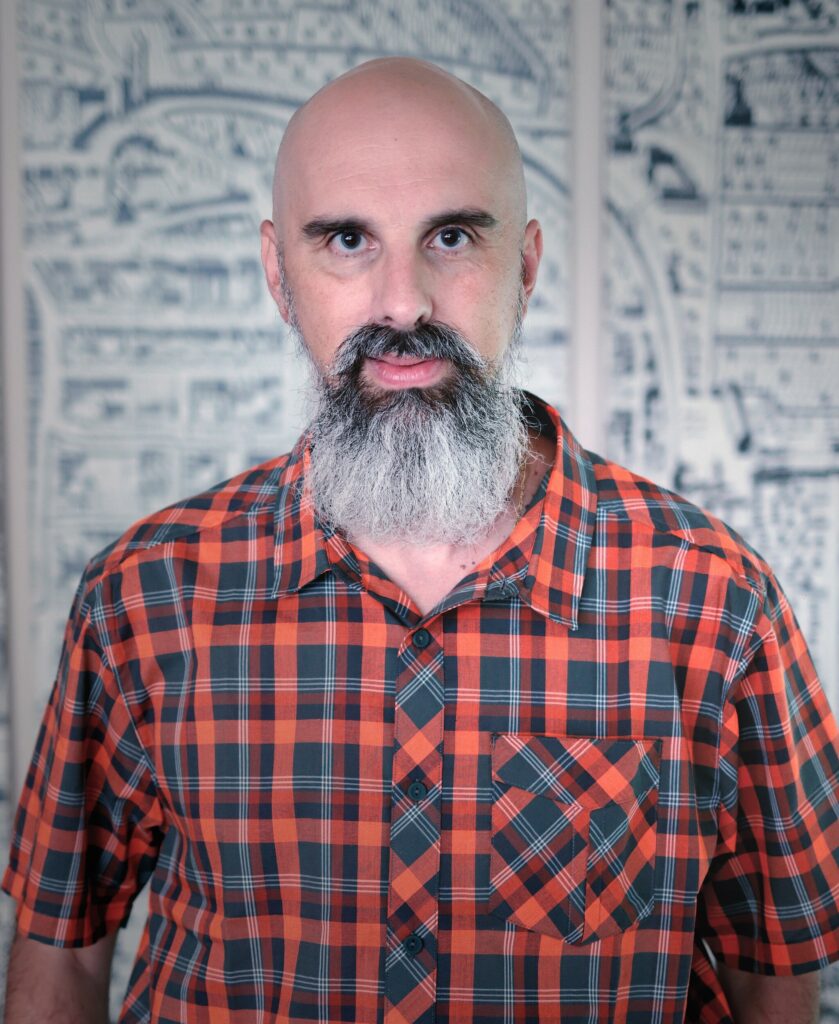
I am full-time researcher at the Italian-German Historical Institute (Bruno Kessler Foundation) in Trento – Italy, where I am also working as editor-in-chief of FBK Magazine.
Graduated in Law (1999) and in History (2003), PhD in Early Modern History (2006, University of Trieste), I am currently working on research project about food habits as essential features of the negotiation between individuals and social models in the missionary culture (16th-19th Century).
I am affiliated researcher at the Institute of Advanced Jesuit Studies (IAJS, Boston College). I have held fellowships and have been visiting Scholar in several Institutions: Alpen-Adria Universität (Klagenfurt), Karl-Franzens Universität (Graz), Max Planck Institute for Legal History (Frankfurt am Main), École des Hautes Études en Sciences Sociales (Paris), University of California Berkeley, and the IAJS.
I am the author, among others, of Storia delle missioni cristiane. Dalle origini alla decolonizzazione (2023), Venerdì pesce (2021), Sbornie sacre, sbornie profane (2018, German translation 2022), and I gesuiti (2015, Portuguese translation 2018).
Dr. Sandra Toffolo
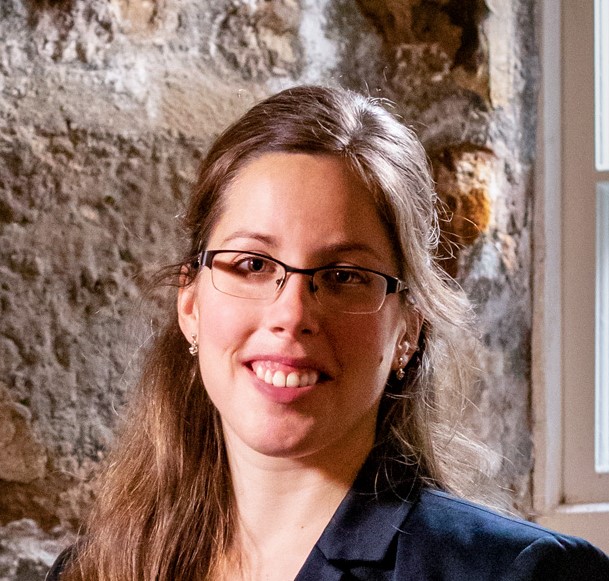
I am a researcher at the Istituto Storico Italo-Germanico / Italian-German Historical Institute in Trento (Italy). My research focuses on mobility, space, and the circulation of people, objects, and ideas, with particular emphasis on early modern Italy and especially Venice.
My current book project focuses on foreign Jerusalem-bound pilgrims in Renaissance Venice. I am particularly interested in their local, national, and transnational networks, and in their role in the circulation of objects and ideas.
Prior to moving to the Italian-German Historical Institute in Trento, I have held positions and fellowships at, among other places, Villa I Tatti – The Harvard University Center for Italian Renaissance Studies (Florence, Italy), the University of St. Andrews (United Kingdom), the Centre d’Études Supérieures de la Renaissance (Tours, France), and the Royal Netherlands Institute in Rome (Italy). I received my PhD from the European University Institute (Florence, Italy). I also studied at the universities of Nijmegen (The Netherlands), Florence, and Perugia.
Technical Support
Dr. Mafalda Toniazzi
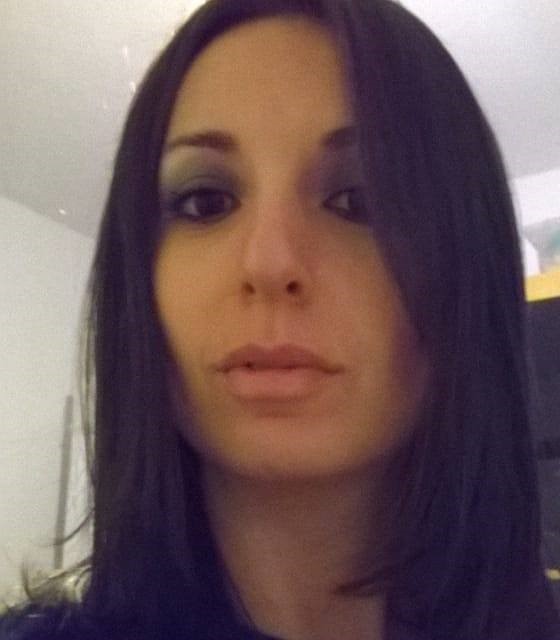
I am a medieval historian, currently a research fellow at the Scuola Normale Superiore in Pisa. I have been a Visiting Fellow at the Centre for the Study of Manuscript Cultures at the University of Hamburg and a research fellow in the Department of Civilizations and Forms of Knowledge at the University of Pisa, where I am also an adjunct faculty member.
I earned my PhD in Medieval History at the University of Florence in 2013, with a dissertation titled The da Camerino Family: An Italian Jewish Family Between the 14th and 16th Centuries, which won the ‘Vito Fumagalli’ award in the ‘Ascoli Piceno Prize.’
My research focuses on Italian medieval history in general and, more specifically, on the history of Italian Jews in the Middle Ages and Early Modern period. Since 2009, I have collaborated with the Interdepartmental Center for Jewish Studies (CISE) at the University of Pisa and, since 2014, with the Italia Judaica project (Tel Aviv University).
Senior Staff
- Prof. Paolo Evangelisti (Universitat de Lleida – Consolidated Research Group “Space, Power, Culture”)
- Prof. Christian Windler (University of Bern)
Advisory Board
- Prof. Giorgio Caravale (University of Roma Tre)
- Dr. Jose Bento da Silva (Warwick Business School)
- Prof. Maria Fusaro (University of Exeter)
- Prof. Bernard Heyberger (EHSS-École des hautes études en sciences sociales)
- Prof. Beat Kümin (University of Warwick)
- Prof. Paolo Quattrone (Manchester Business School)
- Dr. Jens Röhrkasten
- Prof. Massimo Rospocher (FBK-ISIG)
- Prof. Giacomo Todeschini
- Prof. Constanța Vintilă (Nicolae Iorga Institute of History, Romanian Academy)
